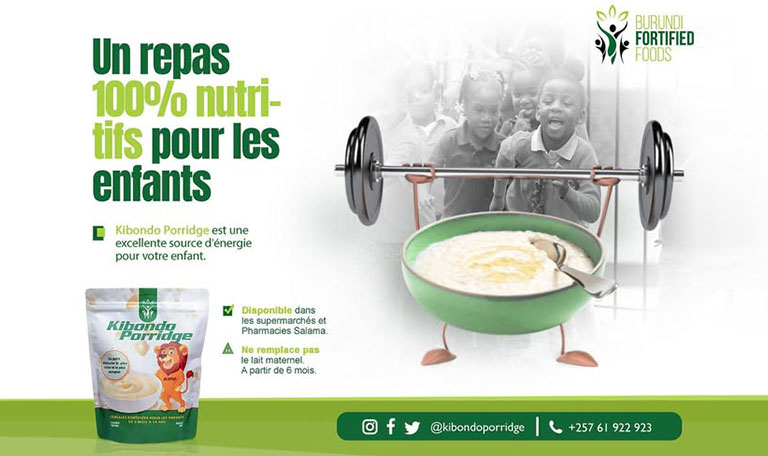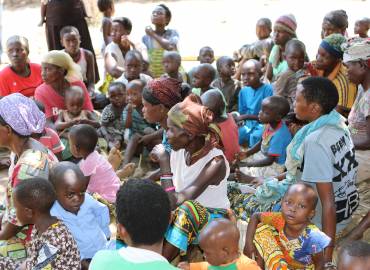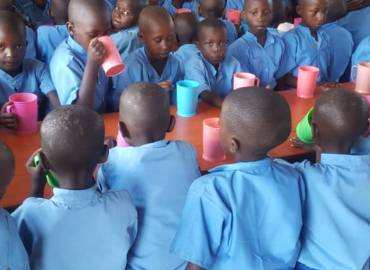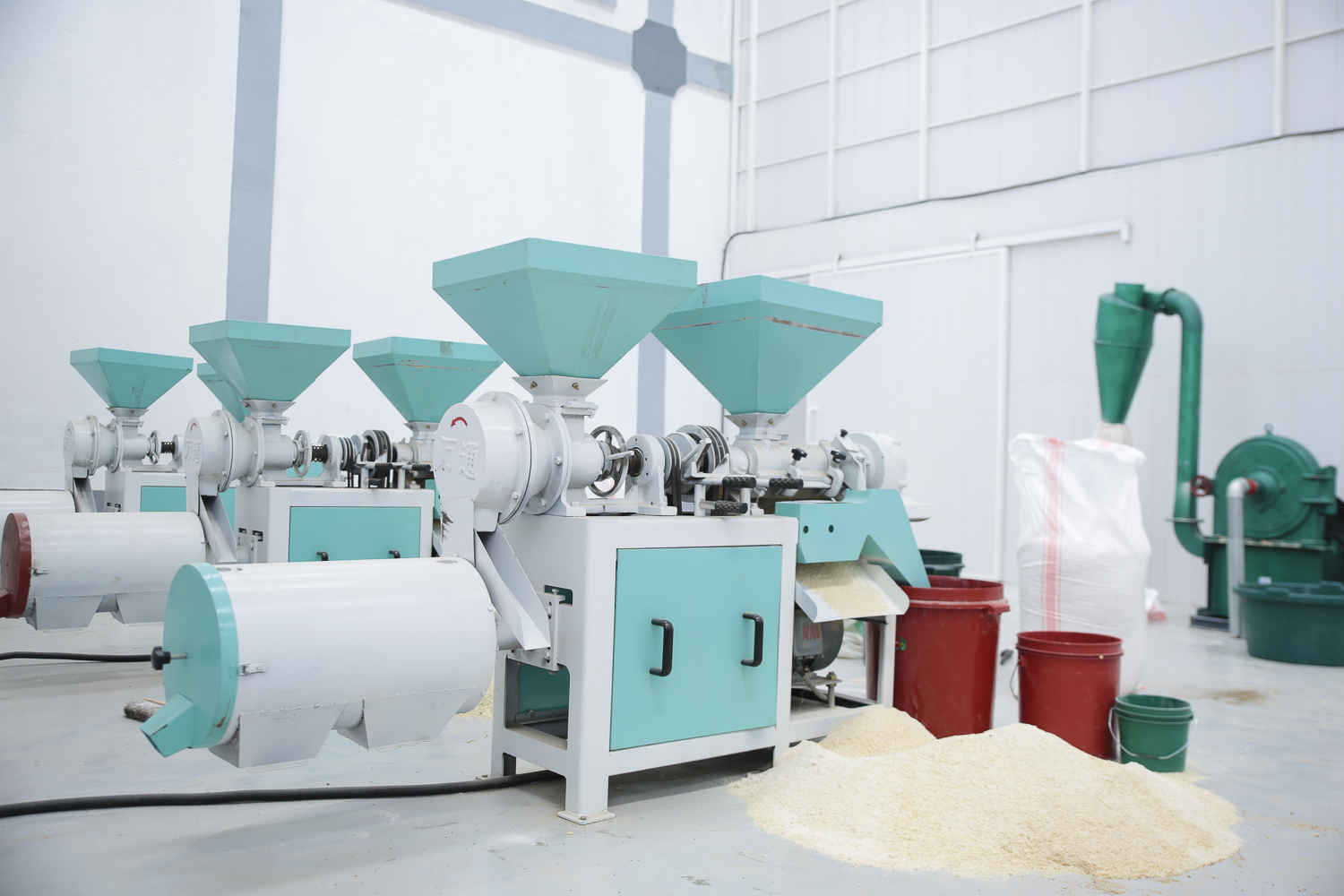INNOVATION FOR IMPACT
How Burundi Fortified Foods (BFF) is enabling nutritious food to over 103,000 Primary School Learners in Burundi, Africa
- Sector: Agriculture
- Sub Sector: Food Processing
- Geography: Burundi, Africa

Magara Meza: Scaling a Nutritious Porridge to 103,000 Primary School Learners in Burundi
Burundi Fortified Foods (BFF) is a locally owned food processing company based in Bujumbura, Burundi. Established in 2017, BFF specializes in the production of high-quality, affordable fortified foods designed to meet the nutritional needs of vulnerable populations. Its product line includes fortified maize flour and instant porridge blends tailored for young children, pregnant and lactating women, and low-income households. All products are enriched with essential micronutrients in accordance with Burundi’s national food fortification standards.
BFF works closely with development partners, schools, and local farmer cooperatives to ensure a reliable supply of safe, nutritious foods while supporting local economic development and reducing malnutrition across the country.

Context & Challenge:
Burundi faces persistently high rates of child malnutrition and poor school attendance:
- One in three children is stunted, and most rural schools lack any consistent meal program.
- In 2024, surging food prices further undermined household food security, deepening the need for support.
- Parents and educators are urgently seeking an affordable, nutritious, and dependable solution.

The Solution:
A simple but effective response was launched: a twice-weekly serving of fortified Magara Meza porridge.
- The Product: A locally blended mix of maize, sorghum, soy, and a micronutrient premix, designed to provide at least 30% of a child’s daily protein and iron requirements.
- Delivery Model: Implemented through a 3-year performance contract with the education districts of the three provinces. Burundi Fortified Foods managed production, delivery, and trained kitchen committees made up of parents and teachers.
- Scale (FY 2024–25): 600 tonnes of Magara Meza were delivered, providing 7.4 million servings to 103,000 learners across 72 school days.

Impact (as of July 2025):
Improved Attendance: Classroom attendance rose from 68% to 84% across 206 participating schools.
Enhanced Focus: 71% of teachers reported noticeable improvements in afternoon concentration (mid-year survey).
Economic Boost: 68% of raw cereals were sourced from 2,700 smallholder farmers through cooperative contracts, injecting approximately US $540,000 (BIF 1.55 billion) into the local economy.

Key Learnings:
Low-frequency, High Impact: Even with a twice-weekly schedule, measurable gains in attendance and attentiveness were achieved—making the model financially viable within limited district budgets.
Local Sourcing Builds Resilience: Partnering with smallholder cooperatives reduced dependency on costly imports, especially important amid foreign currency shortages.
Community-Managed Kitchens Enhance Efficiency: Training parent-teacher kitchen committees not only lowered labour costs but also cut food wastage by 12%.

Voices from the Field:
“When the porridge came, we stopped losing pupils to hunger after break-time.” — Head Teacher, Rukaramu Primary School
“Selling sorghum to the Magara Meza programme paid my daughter’s medical bills.” — Consolee, Farmer and Cooperative Member, Bubanza
“Children are lively in the afternoon lessons now.” — Grade 4 Teacher, Muyinga
Call to Action:
If you are a startup in the Good Food and Nutrition space in Africa and would like to know more, please write to us at marketing@intellecap.net




